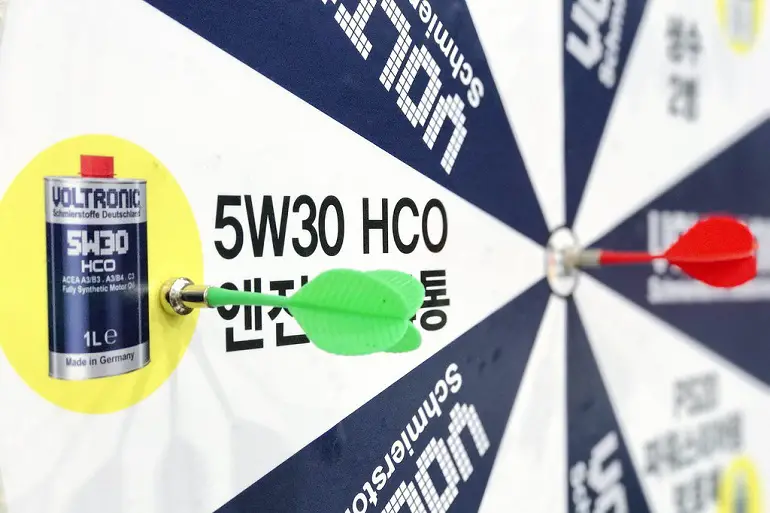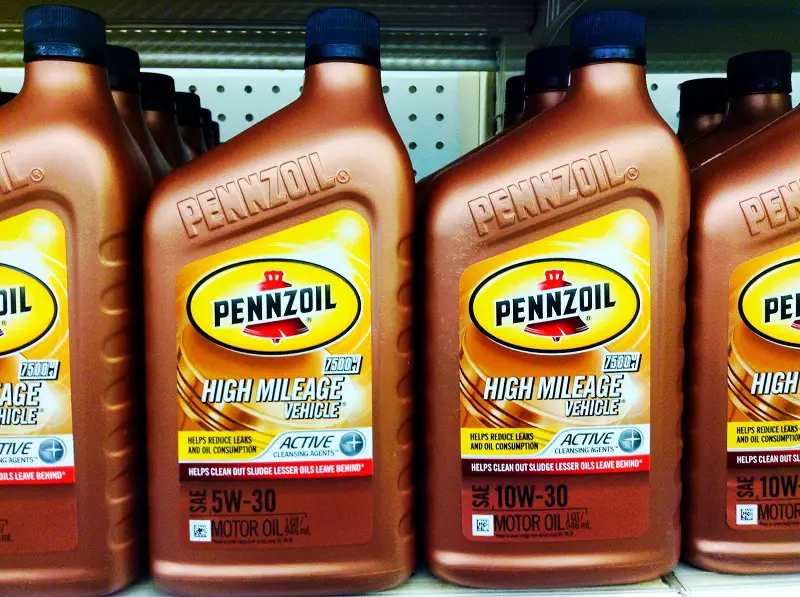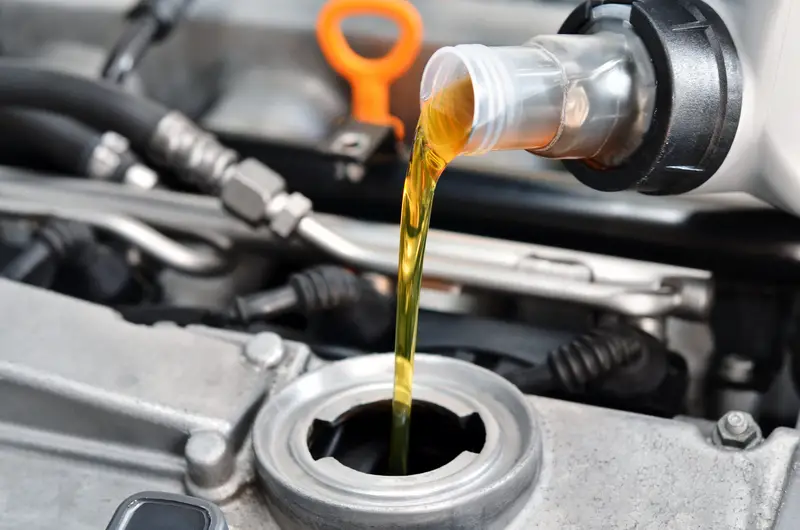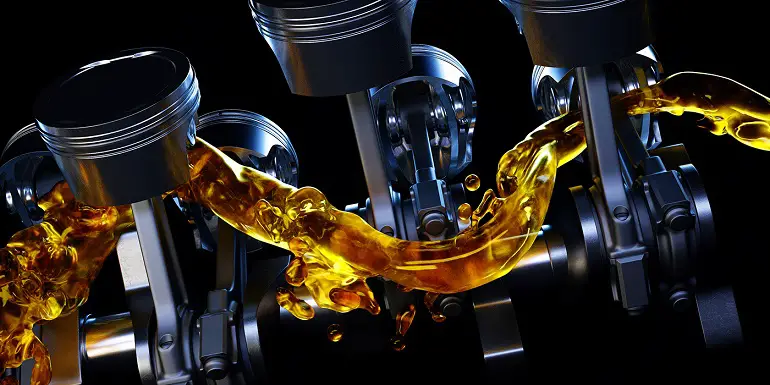When it comes to maintaining our vehicles, choosing the right motor oil is essential for their longevity and performance. However, sometimes it can be confusing to know which oil to use, especially when considering the different grades and viscosity ratings available. One common question that arises is whether it’s possible to use 10W40 instead of 5W30 motor oil. In this context, let’s explore whether using 10W40 instead of 5W30 is a good idea or not.
What is Engine Oil?
Engine oil is a lubricant that helps to protect your car’s engine from wear and tear. It also helps to keep the engine clean and free of debris. Engine oil is made up of a base oil and additives. The base oil is the main component of the oil and it provides the lubrication. The additives provide additional benefits, such as improved wear protection, increased fuel economy, and better cold-weather performance.
What is the Difference Between 10w40 and 5w30 Oil?
The numbers on an engine oil label, such as 10w40 and 5w30, refer to the oil’s viscosity. Viscosity is a measure of how thick or thin the oil is. A higher viscosity oil is thicker than a lower viscosity oil.
The first number on the label, such as 10 or 5, refers to the oil’s viscosity at cold temperatures. The second number, such as 40 or 30, refers to the oil’s viscosity at operating temperature.
In general, a lower viscosity oil will flow more easily at cold temperatures than a higher viscosity oil. This is why 5w30 oil is often recommended for use in cold climates.

Can I Use 10w40 Instead of 5w30?
Yes, you can use 10w40 instead of 5w30 in your car’s engine. However, there are a few things you should keep in mind before making the switch.
- It may not provide the same level of cold-weather protection. As mentioned above, a lower-viscosity oil will flow more easily at cold temperatures than a higher-viscosity oil. This means that 10w40 oil may not provide the same level of cold-weather protection as 5w30 oil.
- It may increase fuel consumption. A higher viscosity oil will create more drag on the engine, which can lead to increased fuel consumption.
- It may not be compatible with all engine types. Some older engines may not be compatible with 10w40 oil. If you are not sure if your engine is compatible with 10w40 oil, you should consult your owner’s manual.
If you want to Know Can I Use 5w20 Instead of 5w30 then check out this article.
When Should I Use 10w40 Oil?
10w40 oil is a good choice for use in a variety of conditions. It can be used in both cold and hot climates, and it is compatible with a wide range of engine types. However, it is important to note that 10w40 oil may not provide the same level of cold-weather protection as 5w30 oil. If you live in a cold climate, you may want to consider using 5w30 oil instead.
Can I Use 10w40 Instead of 5w30? | The Pros and Cons
Engine oil is a vital part of your car’s engine. It helps to lubricate the moving parts, protect them from wear and tear, and keep the engine clean. There are many different types of engine oil available, each with its own unique properties.

Two of the most common types of engine oil are 10w40 and 5w30. Both of these oils are multi-grade, which means that they can flow well at both cold and high temperatures. However, there are some key differences between the two oils.
10w40 oil is a thicker oil than 5w30 oil. This means that it will not flow as easily at cold temperatures. However, 10w40 oil is also more resistant to shearing, which means that it will not break down as easily under high temperatures and pressure.
5w30 oil is a thinner oil than 10w40 oil. This means that it will flow more easily at cold temperatures. However, 5w30 oil is also less resistant to shearing than 10w40 oil.
So, can you use 10w40 instead of 5w30? In most cases, yes. However, there are a few things to keep in mind before making the switch.
- If you live in a cold climate, you may want to stick with 5w30 oil. 10w40 oil may not flow well enough at cold temperatures to provide adequate lubrication for your engine.
- If your engine is older, you may want to stick with 5w30 oil. Older engines may not be designed to handle the thicker 10w40 oil.
- If you are not sure which oil to use, you should consult your owner’s manual. Your owner’s manual will specify the type of oil that is recommended for your car’s engine.

Here are the pros and cons of using 10w40 instead of 5w30:
Pros:
- More resistant to shearing
- Provides better protection for the engine at high temperatures
- Can be used in a wider range of climates
Cons:
- Does not flow as easily at cold temperatures
- May increase fuel consumption
- May not be compatible with all engine types
Ultimately, the decision of whether or not to use 10w40 instead of 5w30 is up to you. If you are not sure which oil to use, you should consult your owner’s manual.
What is the Best Engine Oil for My Car?
The best engine oil for your car is the oil that is recommended by the manufacturer. The manufacturer will have taken into account the design of your engine when making their recommendation. If you are not sure what type of oil to use, you should consult your owner’s manual.
Conclusion
In conclusion, you can use 10w40 instead of 5w30 in your car’s engine. However, there are a few things you should keep in mind before making the switch, such as the potential for decreased cold-weather protection and increased fuel consumption. If you are not sure if 10w40 oil is right for your car, you should consult your owner’s manual.


